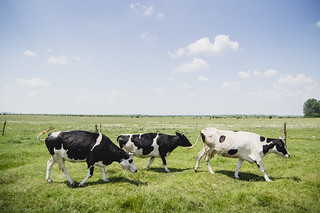October 25 | 5:00 p.m. - 6:30 p.m. (Pacific Time).
October 26 | 8:00 a.m. - 9:30 a.m. (China Standard Time)
Registration is free, but required. Register here.
Methane is responsible for about 20 percent of current global warming, and methane emissions continue to increase worldwide. Taking targeted action on reducing methane could avoid nearly 0.3 ℃ of global warming by the 2040s, thus providing more time to adopt more ambitious action to reduce greenhouse gas emissions. Subnational jurisdictions in both China and the United States are taking actions to control methane emissions. Both sides can learn from the lessons and experiences of one another, particularly on methane control policy-making and implementation. We heard from issue-experts from California and China to discuss these issues.
AGENDA
5:00 PT Discussion is Opened by Xiaopu Sun, Senior China Counsel, Institute for Governance & Sustainable Development
5:05 PT Introduction - Overview of the science and global policy
- Tad Ferris, Senior Counsel, Institute for Governance & Sustainable Development
California - Policies and Implementation
- Matthew Botill, Division Chief, California Air and Resources Board
China - Policies and Implementation
Overview on methane emissions and mitigation policies and measures
- GAO Qingxian, Researcher, Chinese Research Academy of Environmental Sciences
Shanxi Province
- QIN Yan, Director of Green Low Carbon Strategy Research Center, Shanxi Coshare Innovation Institute of Energy & Environment
Guangdong Province
- ZENG Xuelan, Executive Director of the Collaborative Innovation Institute of Carbon Neutrality and Green Development at Guangdong University of Technology
6:15 PT Open Discussion and Audience Q & A
6:30 PT Closing Remarks, Kevin Mo, Principal, Innovative Green Development Program (iGDP)
This webinar series is organized by The California-China Climate Institute, in partnership with the Innovative Green Development Program. Supported by Climate Imperative and IGSD.

